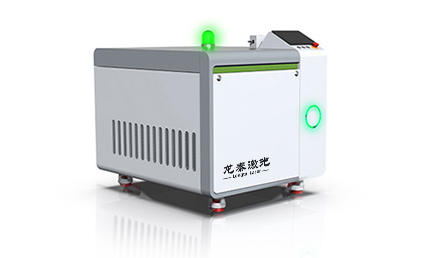Introduction
Laser welding machines have revolutionized modern manufacturing by offering precision, efficiency, and versatility in joining materials. As industries demand higher-quality welds with minimal defects, laser welding technology has become a preferred choice for applications ranging from automotive to electronics. This article explores the fundamentals of laser welding machines, their benefits, and their role in industrial processes.
A laser welding machine is a high-tech device that uses focused laser beams to melt and fuse metals or thermoplastics. Unlike traditional welding methods, laser welding delivers concentrated energy to a precise location, enabling narrow weld seams with minimal heat-affected zones (HAZ). This technology is widely used in industries requiring high precision and repeatability.
High Precision & Accuracy
Laser welding allows for extremely fine welds, making it ideal for small or intricate components. The focused beam ensures minimal distortion and consistent results.
Speed & Efficiency
The non-contact nature of laser welding eliminates the need for tool wear, reducing downtime and increasing production speed.
Versatility in Materials
Laser welding machines can join a wide range of materials, including stainless steel, aluminum, titanium, and certain plastics, making them suitable for diverse industries.
Minimal Heat Distortion
Since the heat is concentrated in a small area, the surrounding material experiences less thermal stress, preserving the structural integrity of the workpiece.
Automation Compatibility
Laser welding integrates seamlessly with robotic systems, enabling high-volume, automated manufacturing processes.
Laser welding technology is employed across various sectors, including:
When selecting a laser welding machine, businesses should evaluate:

Laser welding machines represent a cutting-edge solution for modern manufacturing, offering unmatched precision, efficiency, and versatility. As industries continue to adopt advanced technologies, laser welding will remain a key enabler of high-quality production.
For businesses exploring laser welding solutions, understanding the technology’s capabilities and applications is essential for optimizing manufacturing processes.